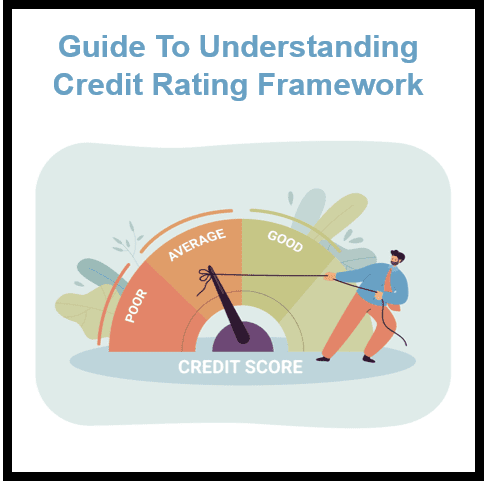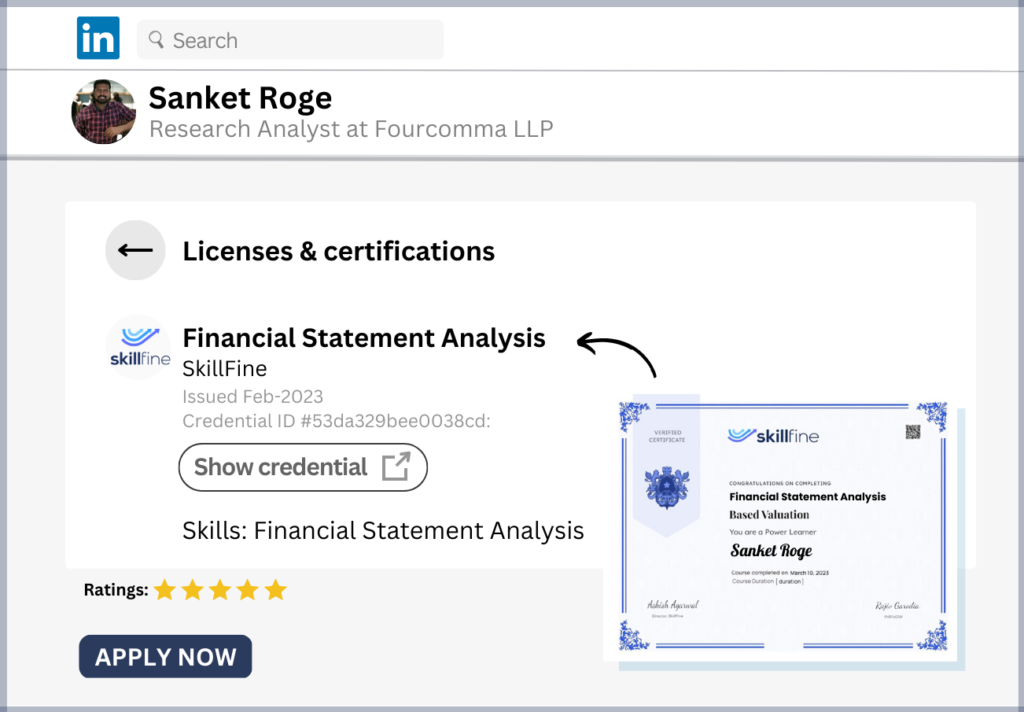A credit rating is an evaluation of your ability to repay your debt. Your credit history, which includes any outstanding debt, provides the basis for this evaluation.
This blog is then compiled by a credit agency that determines what type of interest rate you will be charged when you apply for future loans or lines of credit. A good credit rating can help you get a loan at a better rate and even save you money on your monthly payments because it qualifies you for better rates and terms.
A credit rating is a measure of an individual or company’s ability to repay debts. It’s assigned by an independent agency which looks at your past history to ascertain how likely it is that you will pay back your loans.
Why do you need good credit?
A good credit rating is essential for many reasons. It can help you get a loan with better rates and save you money on your monthly payments, not to mention the convenience of being able to access money when you need it most.
But maintaining a good credit rating isn’t always easy. There are many factors that go into determining your score, including how much debt you have, whether or not you’re paying off all your bills on time, and more.
Sometimes the best way to improve your credit rating is by working on improving these situations. For example, if there are overdue bills in your history, paying them off can dramatically improve your credit rating. But if there are no outstanding debts on your report, there are other steps you can take to keep your credit score high. You might want to open new accounts or make sure that the balances of what you owe are kept low.
How to maintain your score
To maintain your credit rating, there are a variety of ways you can help. One way is to stay on top of any outstanding bills with timely payments. This helps keep your balances low and shows that you are responsible with handling your money. You can also open new accounts, which helps build up your credit rating if you have the financial means to do so.
Your credit score will grow by demonstrating to lenders that you’re able to handle debt responsibly and repay loans on time. Taking these steps will only help increase your chances for getting approved for a loan or line of credit in the future!
Paying off Debt
A recent survey found that the average credit card debt per person is $4,129. This may sound like a lot, but it’s important to remember that this number is an average. A few people might have a lot more debt than this and a few people might have a lot less.
Your credit rating will be affected by how much debt you accumulate and how quickly you pay it off. If you want to maintain a high credit score, paying off your debts is one of the most important things you can do. As long as you keep your balance low, pay off your bills on time and don’t open any new accounts, your score will continue to climb higher and higher with each month that passes!
Balances and limits
What you owe and what you can borrow are two very important factors in a credit score.
If, for example, you owe a lot of money on your credit cards but have a high limit, it might affect your credit score because it suggests that you might be able to borrow more. This isn’t necessarily a bad thing, but it may make lenders shy away from giving you as much as they would otherwise give someone with lower debt and higher limits.
Balances
Balances are important because they can affect your credit score. If you have a high balance on one of your credit cards, it decreases the average age of your accounts, which is one of the factors that goes into your credit rating.
If you want to keep your credit card balances low, remember to only put small purchases on your card and pay off that balance immediately. You should also try not to carry any balances at all so you can avoid fees on balances too!
Limits
Credit ratings are often used to determine eligibility for loans, mortgages or lines of credit. They may also be used by landlords in determining whether you are a good tenant.
The higher your credit rating, the more likely you are to be approved for a loan with better rates and terms. A good credit rating can save you money on your monthly payments because it qualifies you for better rates and terms. There are many things that can affect your score, including:
– Paying off overdue bills
– Keeping your balances low
– Opening new accounts
Credit reporting
A credit report is the result of your personal credit history made up of all your past financial dealings. This can include outstanding debt, overdue bills, and newly opened accounts over the past 7-10 years. And it may also include any bankruptcies, liens, foreclosures, or legal judgments that you might have made.
Your credit report is then compiled by a centralized bureau that determines what type of interest rate you will be charged for future loans or lines of credit. A good credit rating can help you get a loan at a better rate and even save you money on your monthly payments because it qualifies you for better rates and terms. There are many things that can affect your credit score including:
– Paying off overdue bills
– Keeping balances low
– Opening new accounts
Conclusion
The credit rating framework is one of the most important things in your life. If you have bad credit, it could mean that you will not be able to take out loans, you will not find a job, and you will not be able to rent an apartment. That is why it is important to maintain your score. You can do this by paying off debt, keeping balances low, and staying within your limits.


